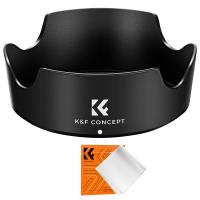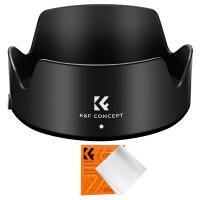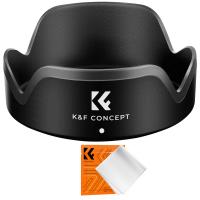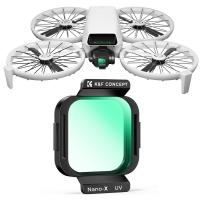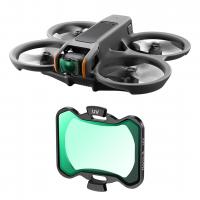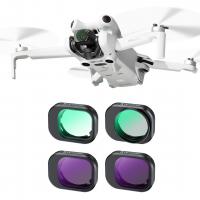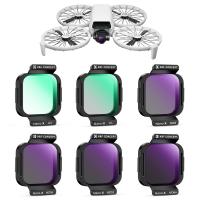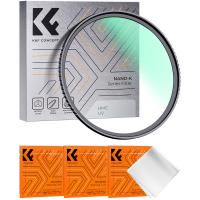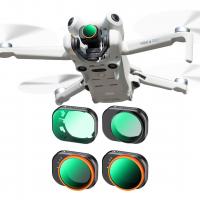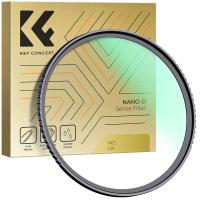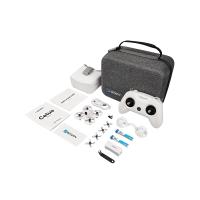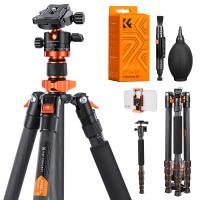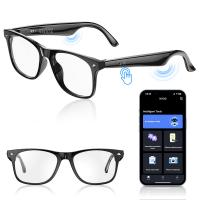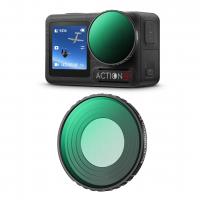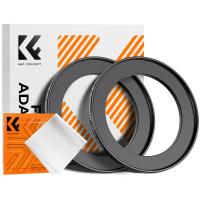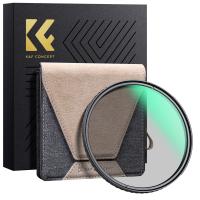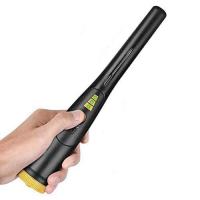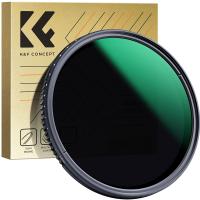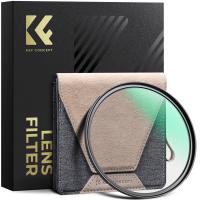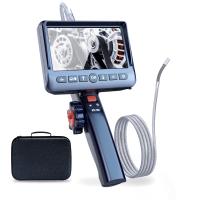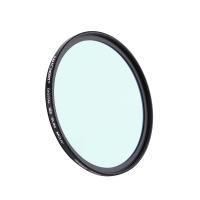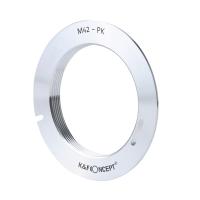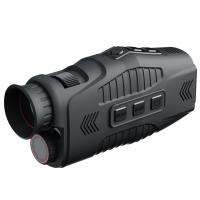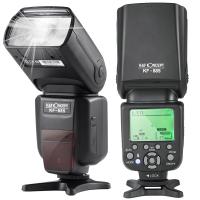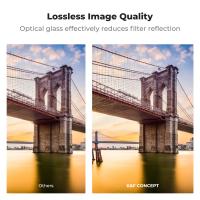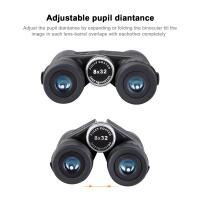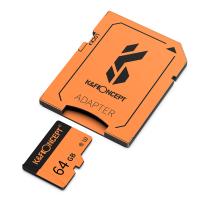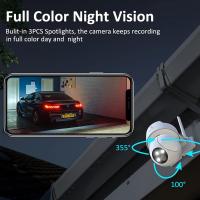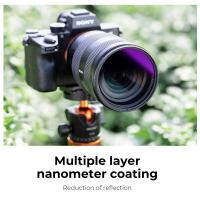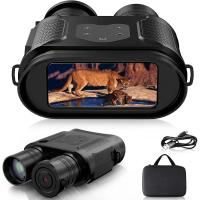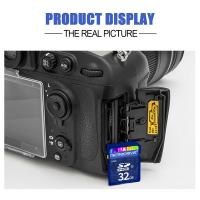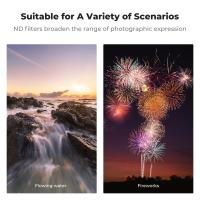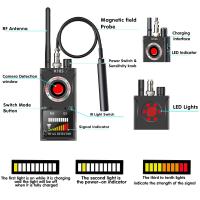What Is Uv Filter For?
In the realm of photography, understanding equipment and accessories is essential to achieving high-quality results. One such accessory, often mentioned and debated among photographers, is the UV filter. If you've ever browsed a camera shop or explored an online photography store, you've probably come across mentions of UV filters and wondered whether you need one, what they actually do, and whether it’s worth the investment. Let’s delve deeply into what a UV filter is, what it does, and when (or if) you should use it.
---
What Is a UV Filter?
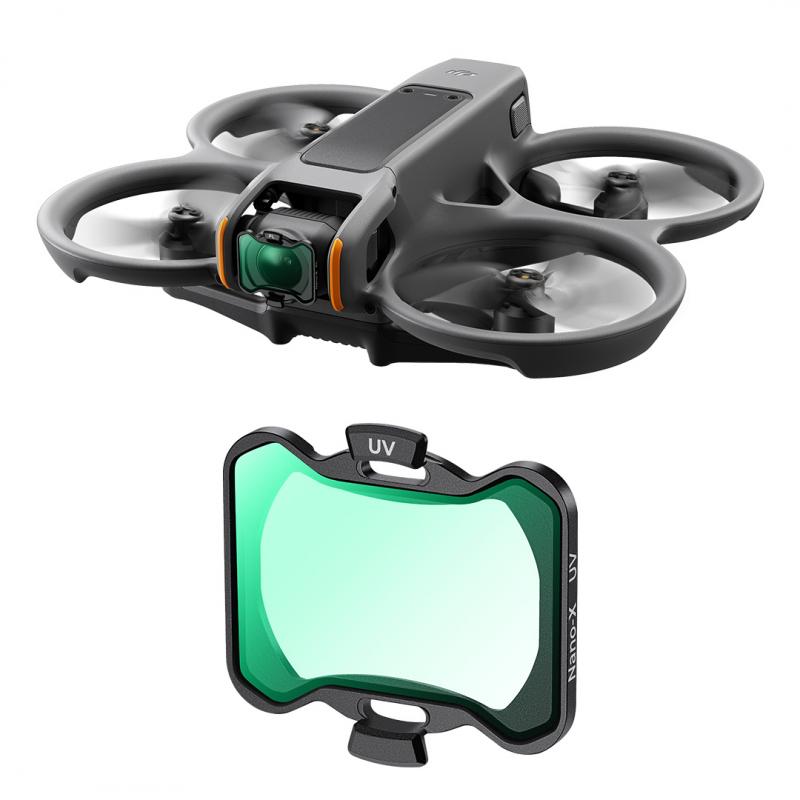
A UV filter is a lens attachment commonly made of clear or slightly tinted glass. It is screwed to the front of a camera lens, functioning as a physical barrier as well as performing specific optical tasks. Primarily, its original purpose is to block ultraviolet (UV) light, which is a form of invisible radiation from the sun that can have certain effects on images.
In the days of film photography, UV light could create a haze, particularly in outdoor scenes, such as landscapes and photos taken at high altitudes or near bodies of water. This haze diminished image quality, washing out colors and reducing contrast. UV filters were indispensable in these situations to block that ultraviolet light and ensure clearer photos. However, with modern digital cameras, UV sensors are typically built into CMOS or CCD sensors, making UV light less of an issue than it was with film.
---
Why Do People Still Use UV Filters Today?
While their primary function in the digital photography era is no longer as vital as with film cameras, UV filters continue to serve several practical purposes today. These include:
1. Lens Protection
By far the most common reason photographers use UV filters today is to protect their expensive lenses from scratches, dust, and accidental smudges. The UV filter sits on the front of the lens, acting as a buffer layer between the environment and the lens’s expensive optical coatings. If you accidentally drop your camera, the UV filter may be damaged instead of your lens, potentially saving you a hefty repair bill. While the filter cannot protect the lens from every type of damage, it can reduce everyday wear and tear risks.
2. Environmental Shielding
In rugged environments where dirt, sand, water splashes, or snow might come into contact with your camera, a UV filter provides an inexpensive layer of defense. Photographers shooting in saltwater locations or stormy weather often use UV filters to prevent corrosive elements from reaching the lens glass. For outdoor and adventure photographers, this peace of mind can increase productivity without worrying about damaging the lens.
3. Reducing Lens Flare and Ghosting (Under Specific Situations)
Some higher-end UV filters come with anti-reflective coatings that reduce the amount of lens flare or ghosting caused by stray light sources. While modern lenses already include sophisticated coatings, an additional layer of optical treatment on the filter can be beneficial for certain types of shooters.
4. Improving Image Clarity in Hazy Conditions
Despite digital cameras’ ability to manage UV light internally, some photographers claim that UV filters still help improve clarity of images shot in environments with excessive haze, such as mountain landscapes or desert regions. This benefit, however, is more subjective and may vary based on the filter’s quality.
---
Are UV Filters Necessary?
The relevancy of UV filters has been hotly debated among professional and hobbyist photographers alike. To determine whether a UV filter is necessary for your particular case, consider the following:
Situations Where UV Filters May Be Beneficial:
- Physical Protection: If you're concerned about physical damage to your lens, a UV filter is an affordable way to add an extra safeguard.
- Outdoor and Travel Photography: Whether backpacking through rough terrains or shooting near water, UV filters can prevent environmental factors from damaging your lens.
- Everyday Use: If you're frequently working in uncontrolled environments such as crowded events or outdoor assignments, having a UV filter adds peace of mind.
Situations Where UV Filters Might Be Less Useful:
- Studio Photography: Under controlled conditions with no threat of physical damage or environmental factors, UV filters might be unnecessary.
- High-Light Imaging: If the UV filter creates additional reflections or light distortion (which low-quality filters can do), it might negatively affect image quality, especially when shooting into bright light sources like the sun.
---
Choosing the Right UV Filter
If you decide that a UV filter is a worthwhile investment, it’s crucial to choose the right one. Here are some factors to keep in mind:
1. Filter Material and Build Quality
UV filters are available in a range of materials, with optical glass being the best option. The glass should be multi-coated to minimize light reflection and maximize transmission. Higher-quality materials provide better optical performance without degrading image quality.
2. Sizes and Compatibility
Filters come in sized diameters that correspond to your lens. Always check your lens specifications for the correct size before purchasing a UV filter.
3. Brands and Pricing
While you’ll find filters at a variety of price points, some trusted brands like Hoya, B+W, and Tiffen are known for high-quality filters. Generally, it’s worth investing in a filter that matches your lens quality to ensure that image sharpness and light transmission are maintained.
4. Coatings
A good UV filter should have anti-reflective coatings to reduce lens flare and ghosting. Additionally, some filters come with scratch-resistant, water-repellent, or anti-static coatings, adding utility for photographers shooting in rugged environments.
5. Avoiding Cheap Alternatives
Low-priced UV filters made from inferior materials may do more harm than good. They can introduce unwanted light reflections, reduce sharpness, and affect color accuracy in your photographs. Always prioritize quality if you’re going to use a UV filter.
---
UV Filter Alternatives
If the primary reason you’re considering a UV filter is to protect your lens, there are alternatives to explore:
- Lens Caps and Hoods: Proper use of lens caps and lens hoods can provide robust protection without requiring an extra optical layer.
- Neutral Density (ND) or Polarizing Filters: If your concern is less about lens protection and more about image enhancement, explore other filters that can achieve more noticeable results. For example, polarizing filters reduce glare and improve color saturation, while ND filters are great for controlling light in bright conditions.
---
Addressing Common UV Filter Misconceptions
Like any widely discussed tool, UV filters are surrounded by myths and misconceptions. Here are some clarifications:
- Myth: UV Filters Ruin Image Quality
High-quality UV filters don’t negatively impact image quality when used correctly. Issues often arise from the use of cheap, poorly made filters.
- Myth: UV Light Causes No Problems in Digital Photography
While cameras today handle UV light better than film, the environment and lens coatings can still be affected by UV in limited situations, such as at high altitudes.
- Myth: Protection Filters Aren’t Worth It
While some purists argue that nothing should come between the photographer and their image, the risks of damaging an expensive lens outweigh potential concerns about adding a thin filter—so long as you choose a high-quality UV model.
---
Conclusion: Is a UV Filter Right for You?
UV filters aren’t an essential accessory for every photographer, but they are incredibly practical for certain use cases. If you frequently photograph outdoors in less controlled environments or want inexpensive insurance for your lens, a UV filter is a sensible investment. On the other hand, if you only shoot in controlled settings like a studio or prioritize maximum image fidelity, you might choose to skip the filter entirely.
Ultimately, the choice comes down to your shooting style, environmental factors, and personal preferences. However, if you’re investing in a UV filter, it’s critical to choose a high-quality product to ensure it enhances (or at least doesn’t diminish) your photography experience. By understanding what UV filters offer and when they are most useful, you can make informed decisions to match your creative and practical needs.

